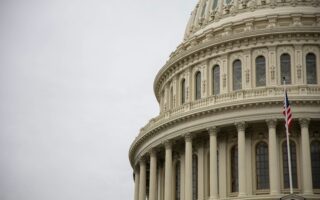Minimum Wage
By Kevin M. Mosher • Nov 11, 2014
The primary storyline from the midterm elections in 2014 is the resulting change in Senate leadership. While important, there were additional impactful results of these elections that will have a direct impact on employers.
With the switch in the Senate, an increase in the federal minimum wage of $7.25/hour to the proposed $10.10/hour went from unlikely to incredibly unlikely. Action at the federal level, however, is becoming increasingly moot as states have continued to enact their own minimum wage hikes, forcing most, if not all employers, to pay the state-specific minimum wage rate if it exceeds the federal rate. In this midterm election, the following states and municipalities took action via referenda put directly to the voters, with the following results:
-
Illinois–$10.00 (2015, but the measure voted in was nonbinding and advisory)
-
South Dakota–$8.50 (2015)
-
Nebraska–$9.00 (by 2016)
-
Alaska–$9.75 (by 2016)
-
Arkansas–$8.50 (by 2018)
-
San Francisco–$15.00 (by 2018)
-
Oakland–$12.25 (2015)
-
Appleton, WI–$10.10 (advises city to support WI minimum wage increase)
-
Neenah, WI–$10.10 (advises city to support WI minimum wage increase)
-
Menasha, WI–$10.10 (advisory; asking if WI should increase its minimum wage)
Breaking down 2014, these states and municipalities join the ranks of Minnesota, Michigan, Connecticut, Delaware, Washington D.C., Hawaii, Maryland, Massachusetts, Rhode Island, Vermont and West Virginia, all of which passed legislation increasing their minimum wages this year.
Thompson Coe and myHRgenius Tip of the Week is not intended as a solicitation, does not constitute legal advice, and does not establish an attorney-client relationship.










